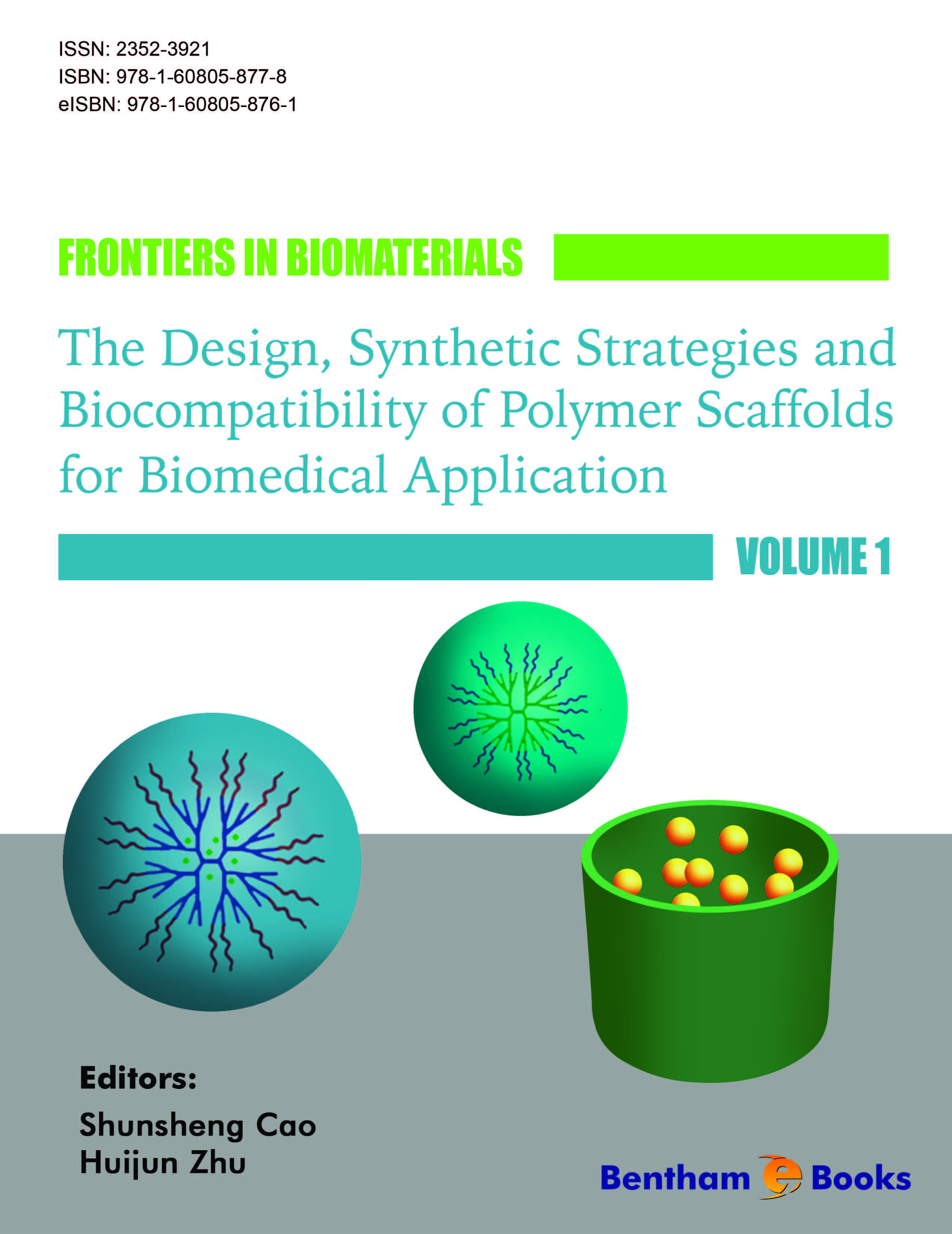Introduction
Frontiers in Biomaterials: The Design, Synthetic Strategies and Biocompatibility of Polymer Scaffolds for Biomedical Application, Volume 1 highlights the importance of biomaterials and their interaction with biological system. The need for the development of biomaterials as scaffold for tissue regeneration is driven by the increasing demands for materials that mimic functions of extracellular matrices of body tissues. This eBook covers the latest challenges on the biocompatibility of scaffold overtime after implantation and discusses the requirement of innovative technologies and strategies for the development of materials with long-lasting scaffold and biocompatibility functions.
The contents of this eBook include chapters on cell-scaffold interactions in three dimensions, nanocrystalline diamond films for biomedical applications, bioceramics-design, synthesis and biological applications, polyester biomaterials for regenerative medicine, nanomaterials for skin regeneration and many more.
This book is a valuable resource for MSc and PhD students , academic personnel and researchers seeking updated and critically important information on biomaterials and biomedical applications

